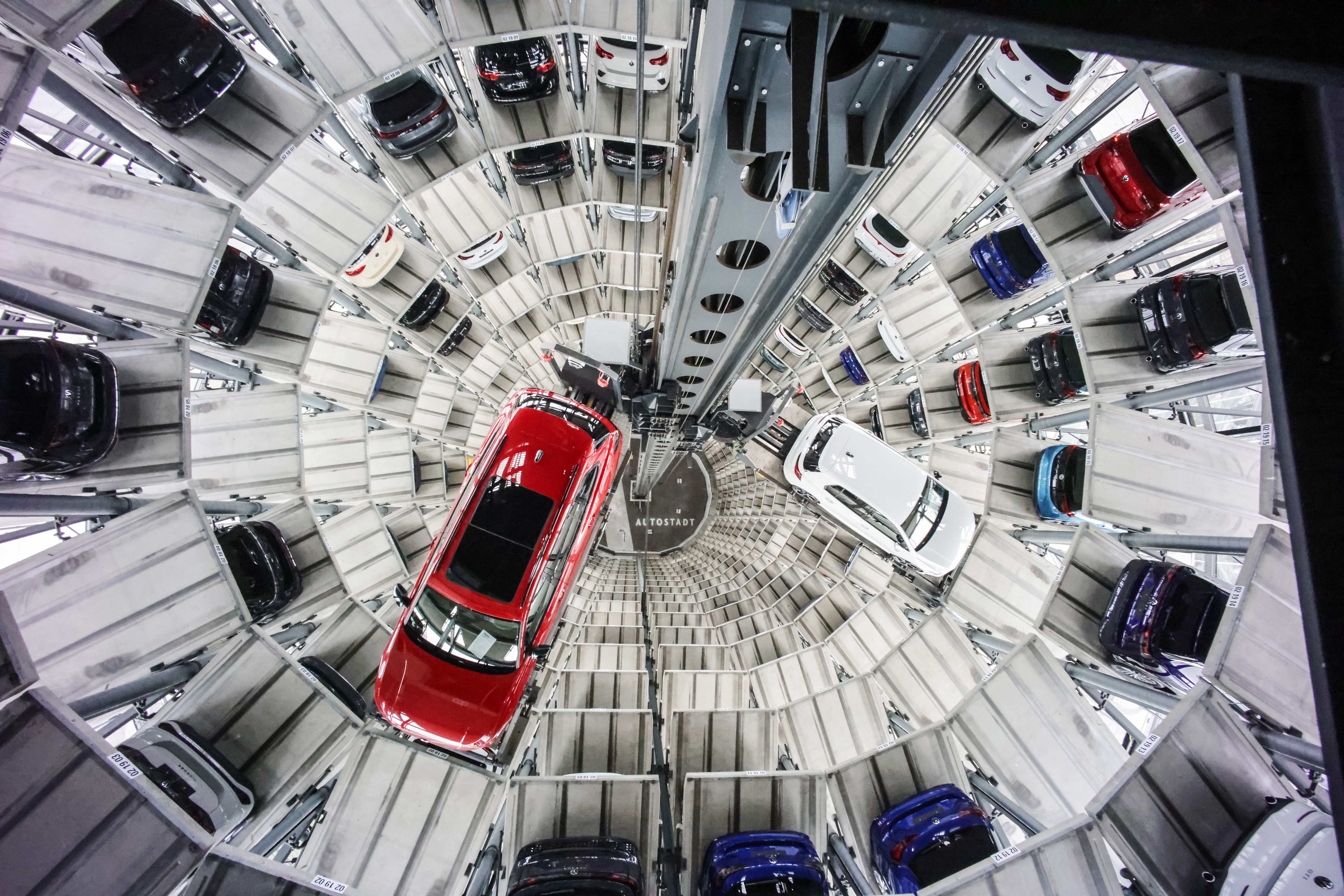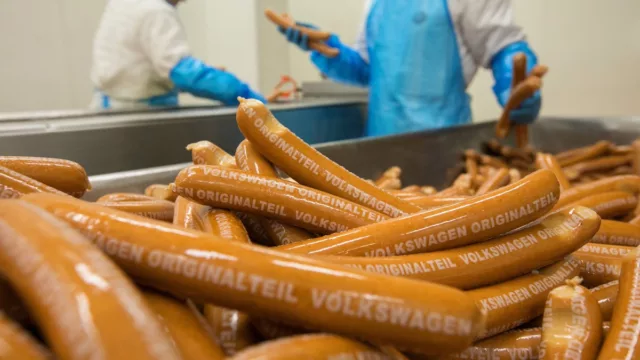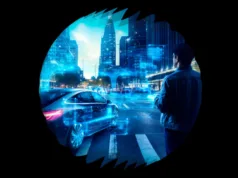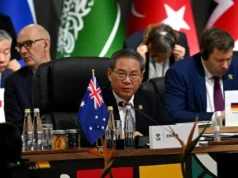Volkswagen Group sold more sausages than cars last year as annual results published on Tuesday painted a gloomy image for the world’s second-largest carmaker.
Profits after tax fell 30.4 per cent in 2024, despite a 0.7 per cent increase to total revenue. The group, which owns Porsche, Audi and Skoda as well as its core brand, sold and delivered fewer vehicles.
An unusual part of the business soared to a record high, however, as the company’s sausage manufacturing business sold some 8.5 million “currywurst” units — 200,000 more than in 2023, the previous record year. Notably, sausage sales exceeded those of VW, which sold some 5.2 million vehicles last year.
Currywurst is a sausage topped with ketchup and curry spice and served with fries. Volkswagen has been producing its own version of the German fast-food dish since 1973. Originally intended to serve workers at its own canteens, the sausages are now being sold by Volkswagen to other companies and supermarkets in 12 countries.
In 2021, the company faced an outcry when it removed currywurst from one of its canteens to offer more meatless dishes. Germany’s former chancellor Gerhard Schröder, who intermittently served on Volkswagen’s board, protested against the decision, calling the dish “a power bar for production workers”. It has been back on offer since 2023.
“The Volkswagen currywurst has long become more than just a snack — it’s an icon,” said Gunnar Kilian, who oversees the group’s human resources department, as he celebrated the sales record and the sausage’s “international bestseller status”.
Sausage sales provide little comfort, however, after a veritable annus horribilis for the Volkswagen Group. The company considered closing factories in its German heartland for the first time ever amid difficult market conditions.

The company has plans to develop its cheapest ever electric car
EPA
It also intermittently ended its job security programme, which had been in place for three decades and prevented layoffs until 2029.
A last-minute deal with labour representatives before Christmas saw the programme extended through 2030 while closures were avoided. However, the company announced it would cut 35,000 jobs over the next years.
A spokesman for the company confirmed on Tuesday that members of the executive board recently agreed to have their pay reduced by 11 per cent the next two years.
The struggles can be traced back to a slump in Volkswagen’s Chinese business, in particular. Last year the number of vehicles delivered by Volkswagen in China fell to the lowest point in over a decade, although the Chinese market for cars grew overall.
Chinese competitors have started to outflank Volkswagen’s brands with cheaper electric models. BYD overtook VW as the leading manufacturer in China in 2023.
In a statement, Volkswagen recognised the “environment of political uncertainty”, including geopolitical tensions and increasingly intense competition, as a “challenge”.
However, the group hopes that revenue will grow by more than 5 per cent in 2025 as Oliver Blume, chief executive, noted the company’s “transformation is gaining speed and traction”. This month the company presented plans for developing its cheapest ever electric car, to be sold at €20,000 from 2027.
More trouble is looming as President Trump has threatened to impose tariffs on imports from Europe and Mexico, where Volkswagen operates plants that supply cars to the United States.








